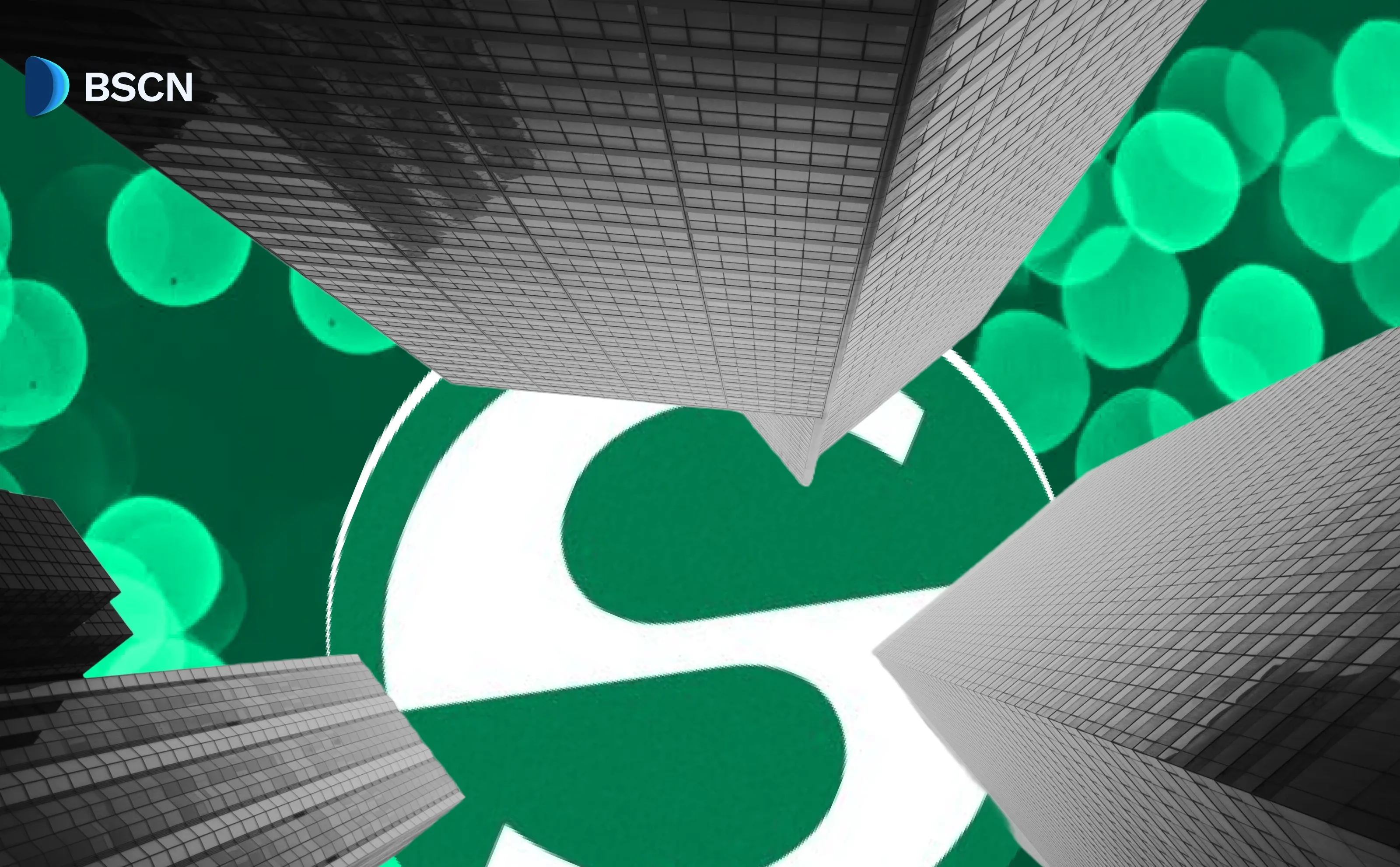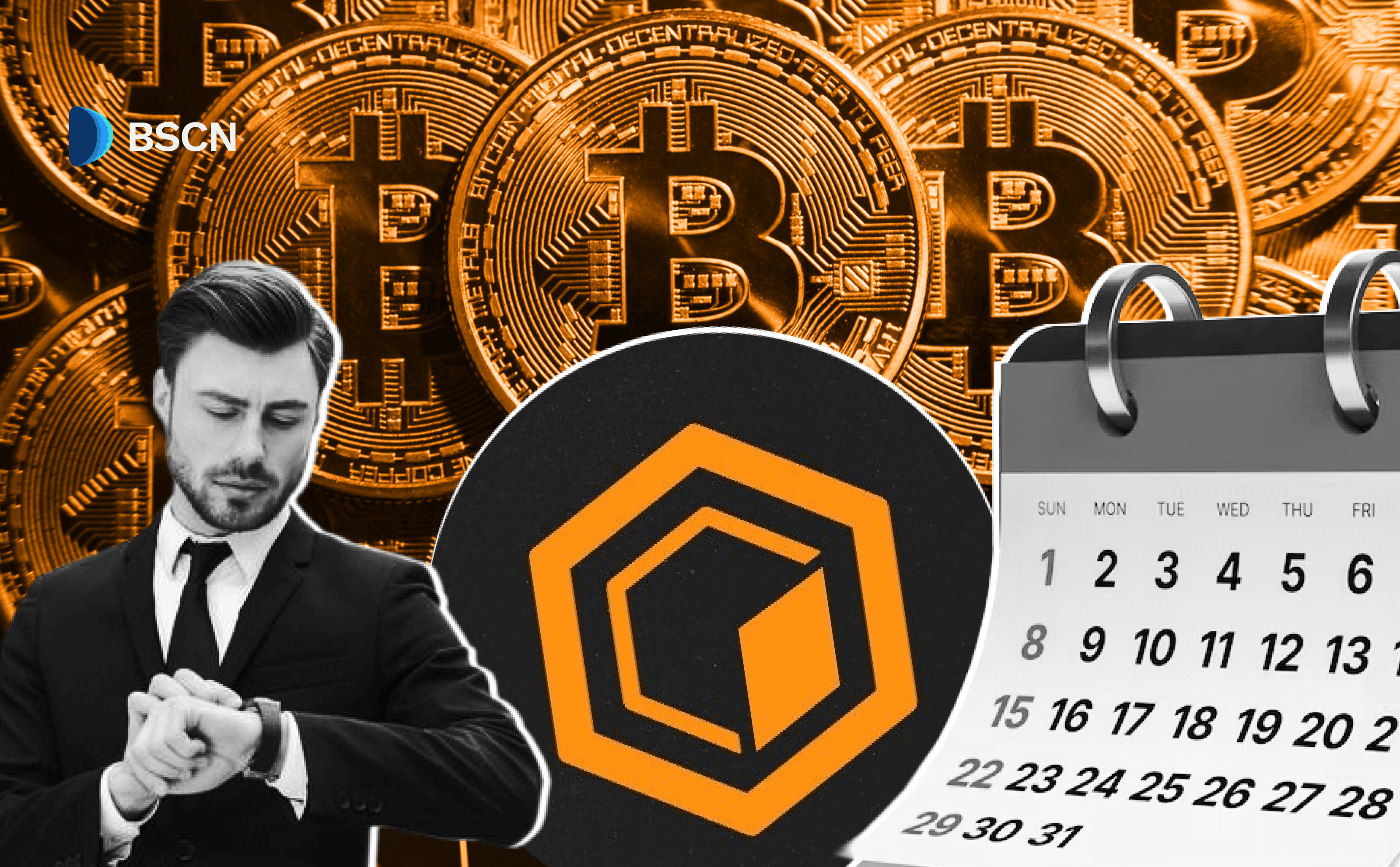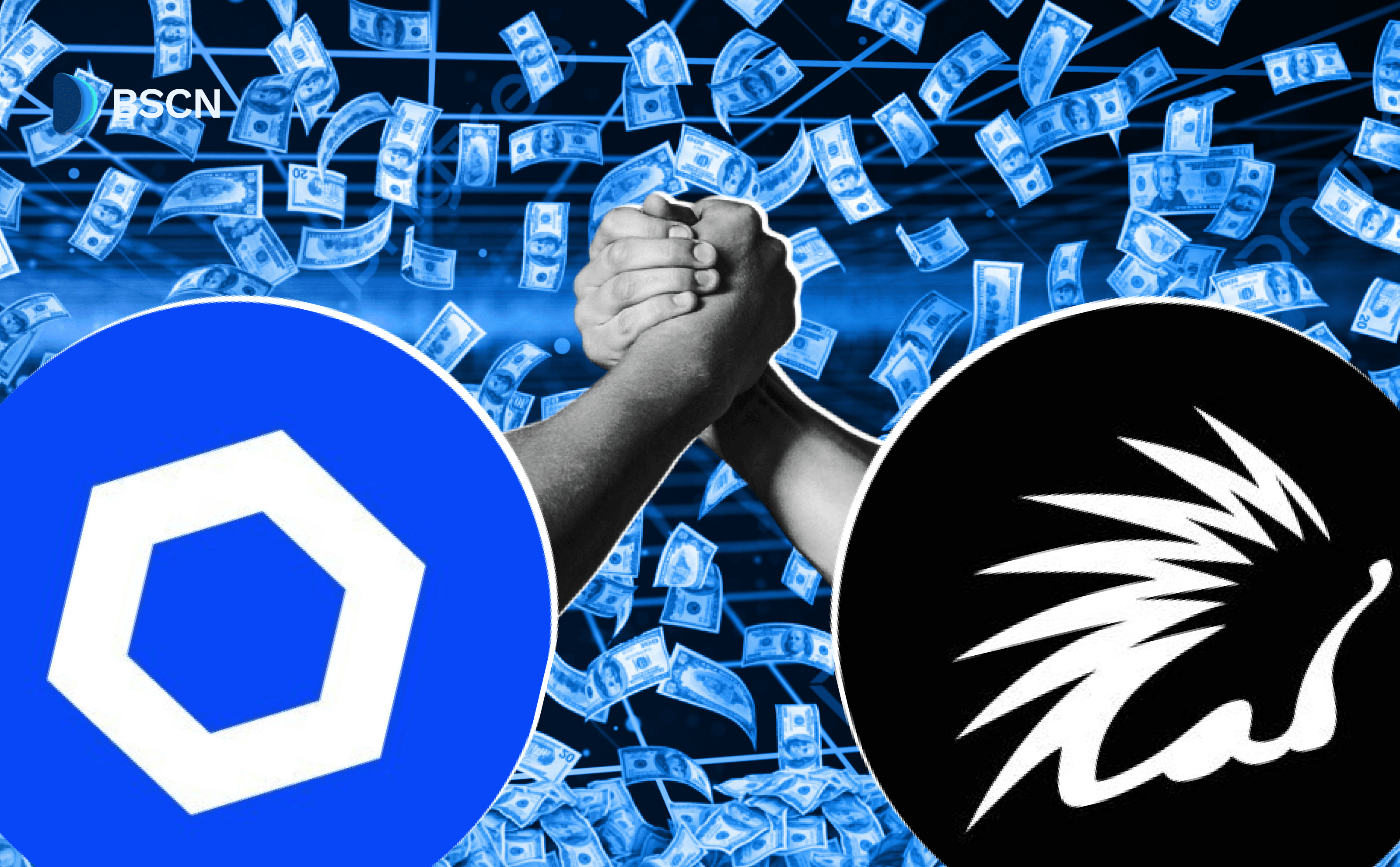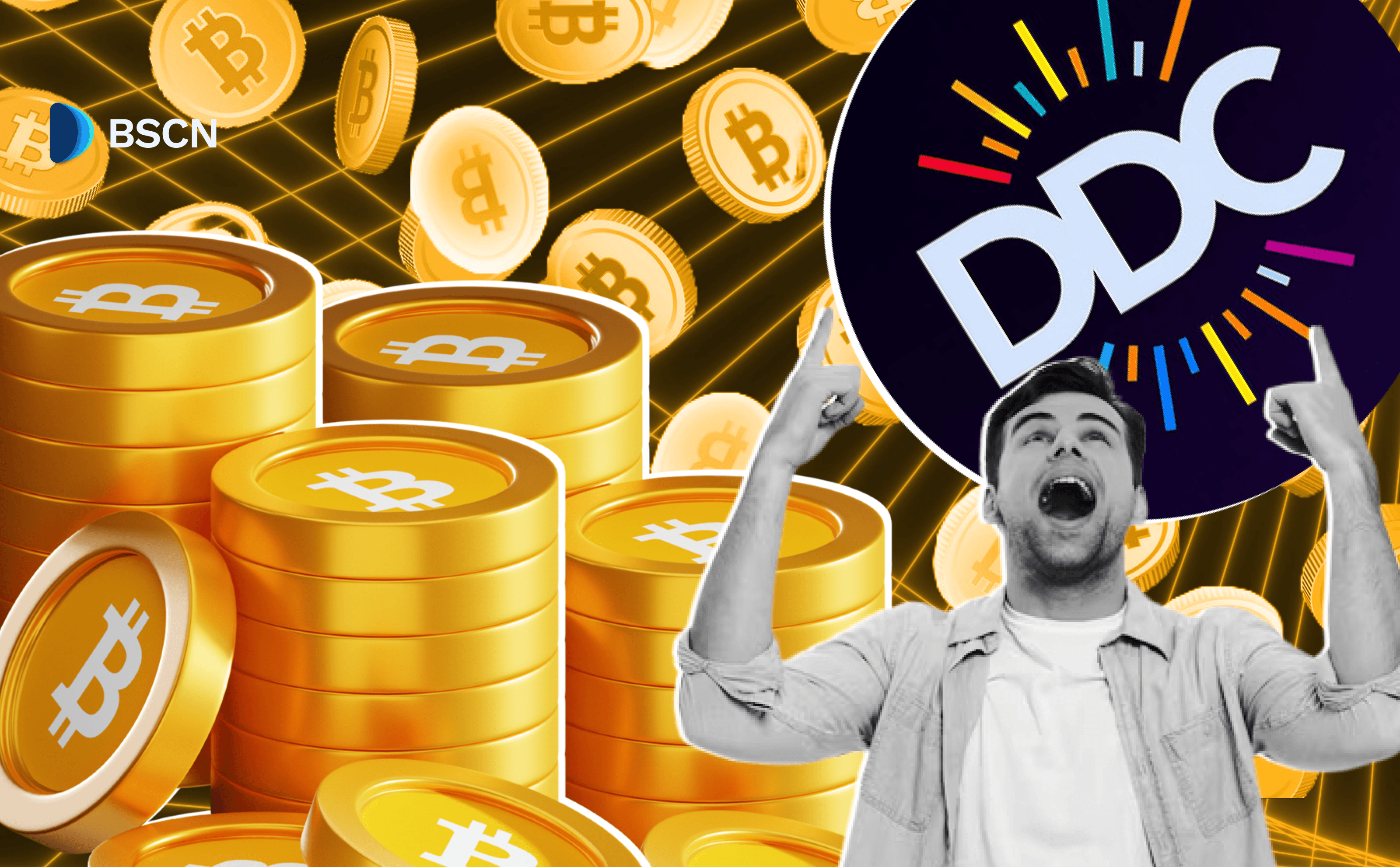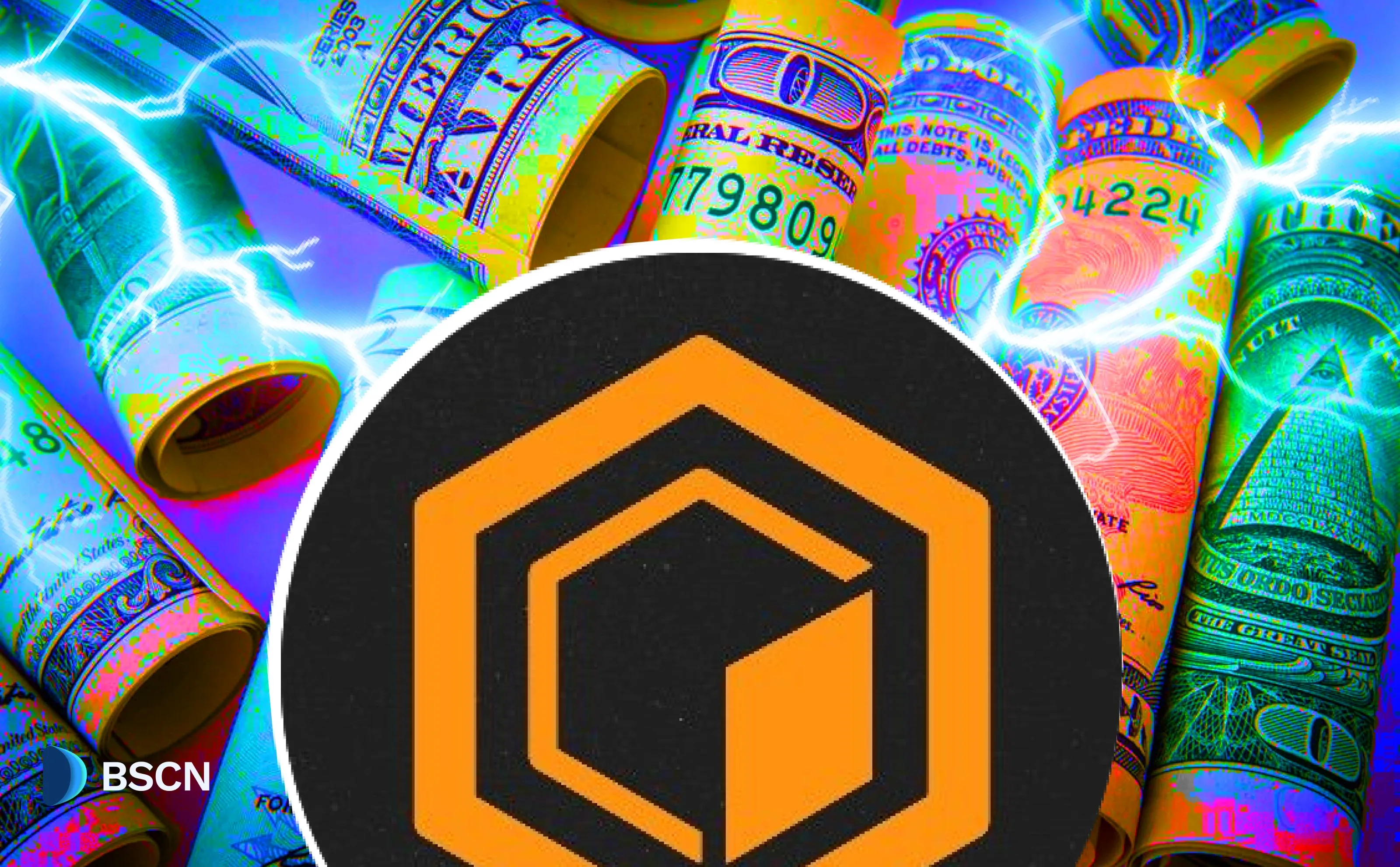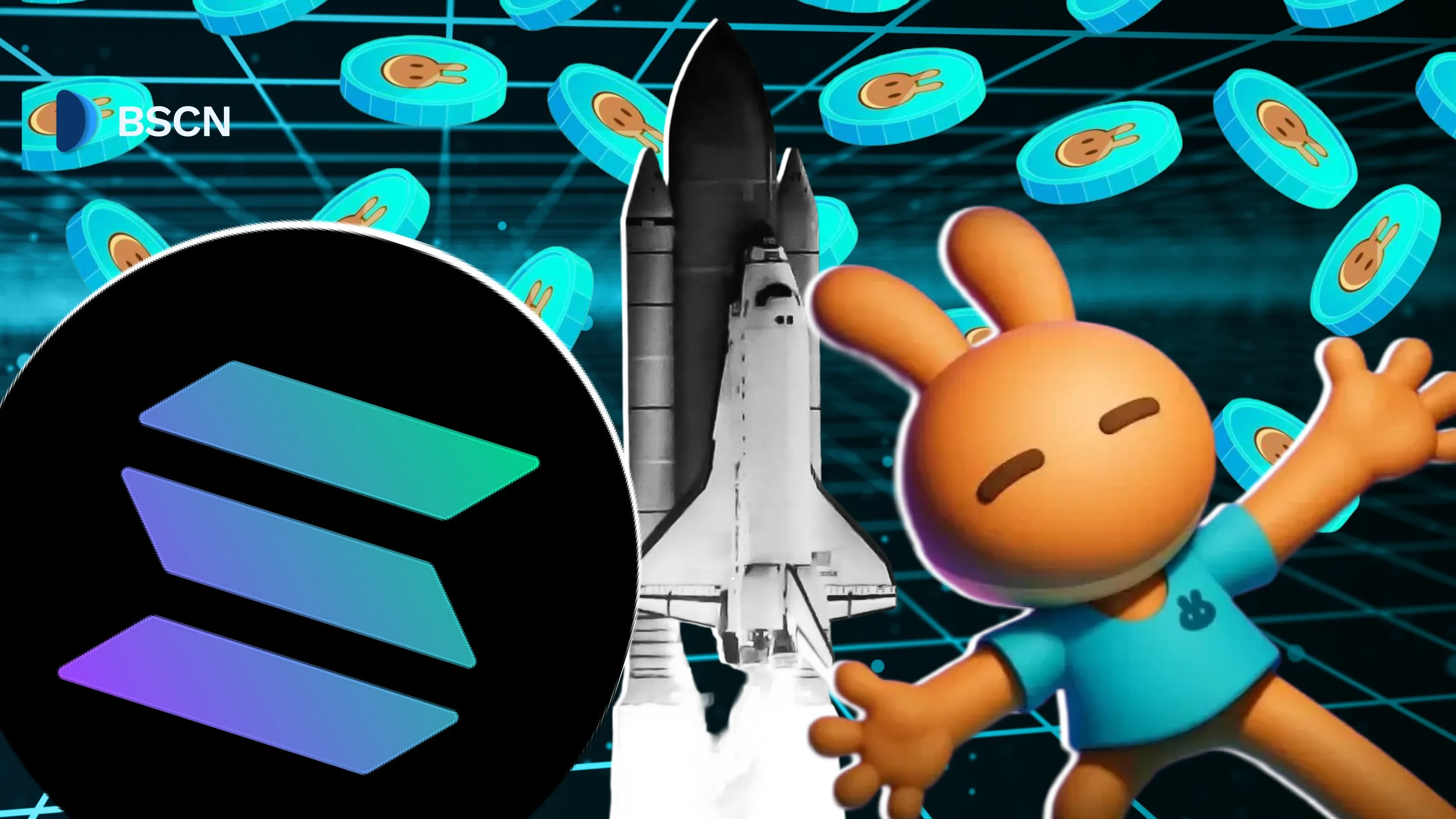WEB3
UniswapX: Pioneering Gas-Free Failed Transactions in Decentralized Finance

UniswapX offers gas-free failed transactions. This means that users don't have to pay gas fees if their transactions fail, making swapping tokens more affordable and user-friendly.
BSCN
July 26, 2023
TL;DR:
- UniswapX revolutionizes the DeFi scene by having 'fillers' bear the gas cost for transactions, ensuring users don't pay for failed transactions.
- Users sign off-chain orders completed onchain by fillers, drastically reducing transaction costs and time.
- With UniswapX, swappers don't need to hold native blockchain tokens (like ETH or MATIC) to trade or pay transaction fees, simplifying the swapping process.
- Users still need to pay gas, such as initial token approval with Permit2 or when wrapping native network tokens.
Eliminating Gas Fees for Failed Transactions
Decentralized finance (DeFi) is undeniably transforming the world of financial transactions. While traditional systems suffer from extensive bureaucracy, DeFi offers a world where transactions are borderless and free from intermediaries.
In the realm of DeFi, Automated Market Makers (AMMs) and Decentralized Exchanges (DEX) like UniswapX are pushing the boundaries by easing transaction fees, commonly known as 'gas.'
UniswapX eases transaction fees by introducing an innovation allowing users to pay no gas fees for failed transactions. How does the protocol achieve this feat? Let's dive into Uniswap’s unique product in the works.
Traditional AMMs vs. UniswapX
In traditional AMM platforms, users must expend 'gas' to send a transaction. This fee, named after the fuel that powers Ethereum's blockchain (and other similar ones), is a measure of computational work required to process a transaction. Gas isn't refunded if a transaction fails, causing a frustrating user experience.
UniswapX, however, will revolutionize this model. Here, a network of 'fillers' carries out the transaction orders. If a transaction fails, these fillers bear the brunt of the gas cost, leaving users free from any losses.
The Process of Gas-Free Failed Transactions
Swappers, or those looking to swap one cryptocurrency for another, use their wallets to sign off-chain orders. An off-chain order is a transaction that occurs outside the blockchain network, which significantly reduces the cost and time. Fillers then take these signed orders and complete the trade onchain, paying the gas fees in the process.
The real innovation is the responsibility shift in who pays the gas fees. In a traditional AMM, the user (swapper) pays the gas, whether or not the transaction is successful. With UniswapX, the filler pays the gas cost if a transaction fails, creating a more user-friendly swapping experience.
No Need for Native Tokens
In most blockchain transactions, a user needs to hold the native token of that particular blockchain network to pay for the gas fees. For instance, on the Ethereum mainnet, transactions are fueled using Ether (ETH).
However, UniswapX introduces a new paradigm where users don't need to hold any native token. If you're swapping USD Coin (USDC) to wrapped Bitcoin (wBTC) on Ethereum's mainnet, you don't need any ETH in your wallet for gas. This innovation simplifies the swapping process and enhances user experience.
The Catch
While this model dramatically enhances the transaction process, users should be aware of certain conditions where they'll still need to pay gas. An example is the initial token approval in Permit2, a protocol allowing token approvals. In such instances, gas is still required.
Additionally, when selling native network tokens, these tokens need to be 'wrapped,' which also costs gas. Wrapping is a process where native tokens are pegged to equivalent tokens on a different blockchain.
Generally, UniswapX is carving out a new niche within DeFi, offering users an alternative, cost-effective way to engage in cryptocurrency transactions.
While failed transactions remain unavoidable, UniswapX's approach ensures that they are less of a burden on users. The protocol marks a significant step in reducing the financial barriers of transacting on a blockchain.
Apart from the gasless failed transaction offering, UniswapX promises other innovative features, including protection against Maximal Extractable Value (MEV), better prices for liquidity sources aggregation, and more. You can learn more about the DEX in its official blog publication.
Latest News
Crypto Project & Token Reviews
Project & Token Reviews
Comprehensive reviews of crypto's most interesting projects and assets
Learn about the hottest projects & tokens
Latest Crypto News
Get up to date with the latest crypto news stories and events
